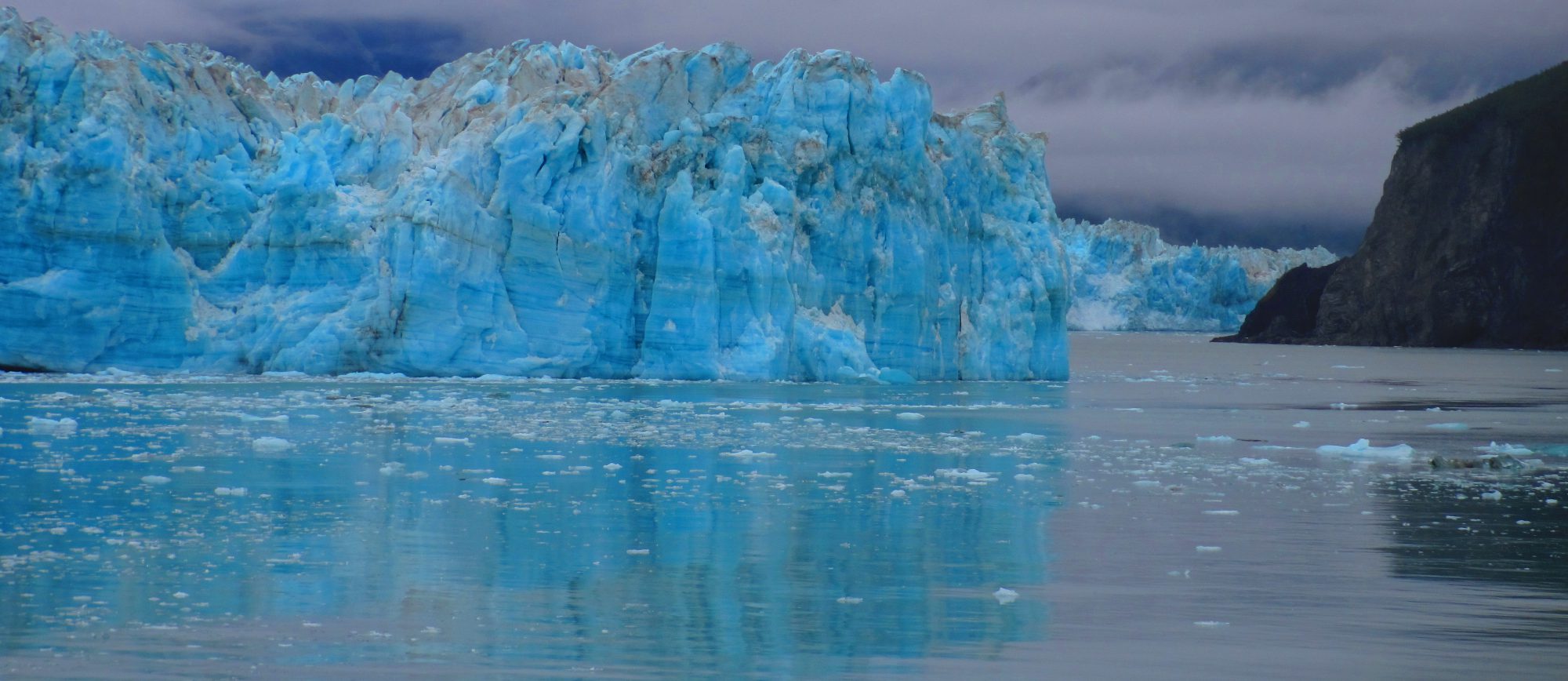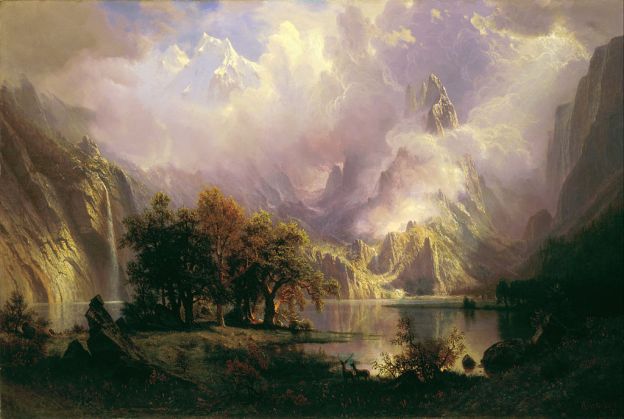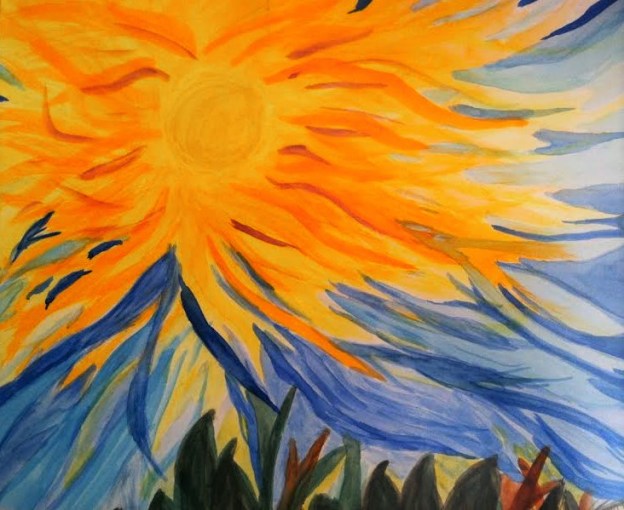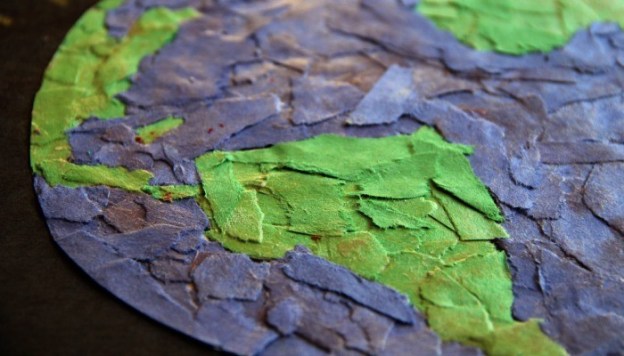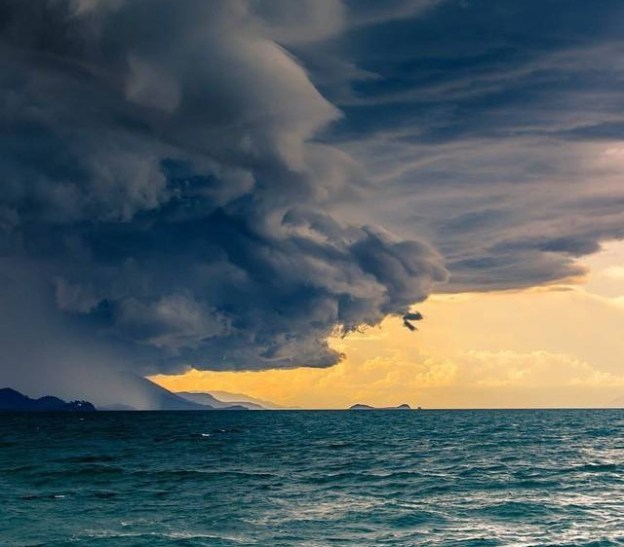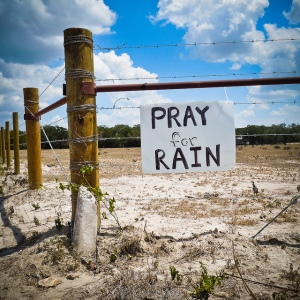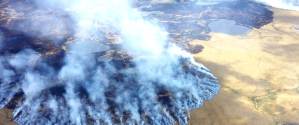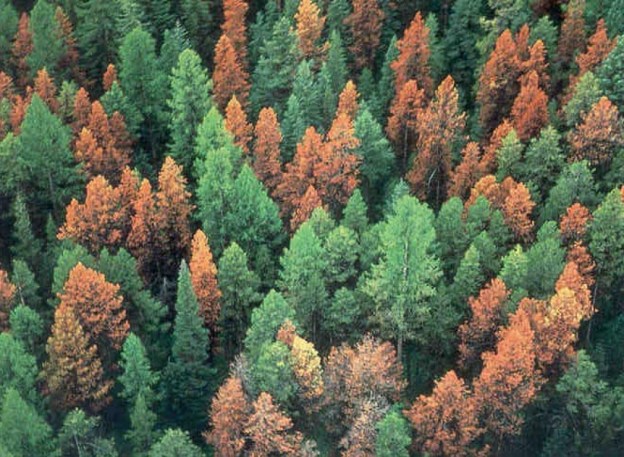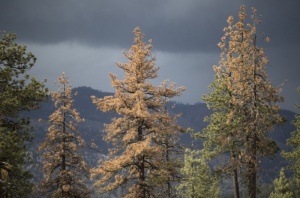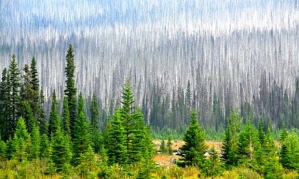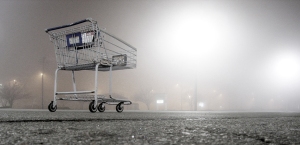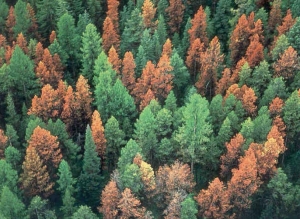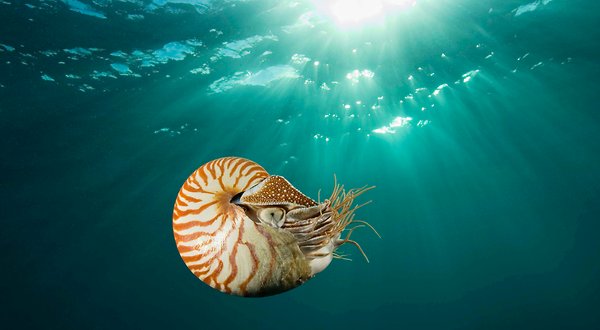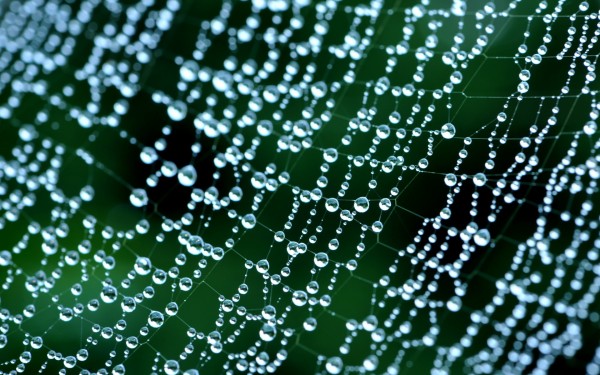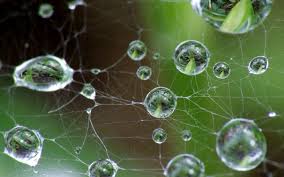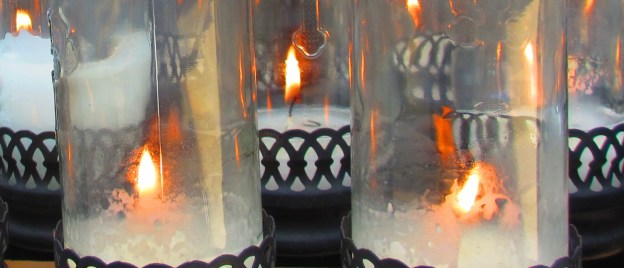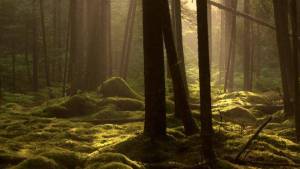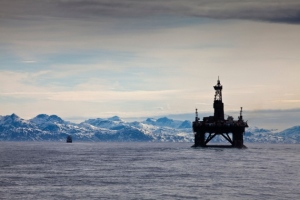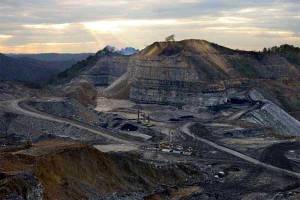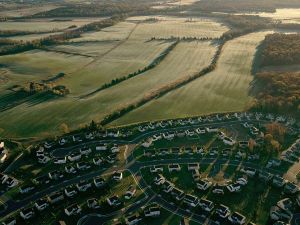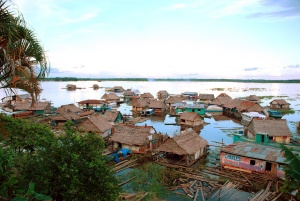As the close of this year approaches I have been thinking a lot about grief. I have reached that age in Western society where one begins to lose family, lovers, friends and even childhood archetypal heroes from the celebrity world at a faster and more alarming pace. Two years ago it was my father, a year later I learned of the death of one of my first loves, and very recently I lost a sister-in-law whom I adored. I have worked in hospice care for half my life so I am familiar with the stages of grief and the theoretical approaches to death and dying, but I have learned that nothing can fully prepare one for the journey through grief. And that journey, once began, has no end.

There are no magic spells or elixirs or incantations that get us over grief. In fact, no one ever “gets over it.” If you love someone that love is not discontinued by their absence. Our bodies feel this deeply, so much so that we feel their detachment in very tangible ways. Our hearts and body literally ache. As the author C.S. Lewis put it: “The death of a beloved is an amputation.” This is not only defined by physical distance though. Even when we learn of the death of a loved one who is miles away the pain is no less deep as if they were by our side. The soul is not bound by time and space like the body. We feel on a visceral level that something has shifted and that a direct link in this realm of existence has been altered. Grief is the response not to the absence of love but to the absence of direct connection with the beloved.
In fact, grief is the dreaded companion of love. But like love, it has the power to transform the barren into fertile ground. It can expand our capacity to embrace others and increase our empathy for the universal experience of suffering and loss. However, if allowed it can also preclude the flowering of compassion in exchange for self-absorption, self-destruction and bitterness. It is ruthless when ignored and can inflict madness on anyone foolish enough to think they have mastered it. The only coherent response to it, therefore, is respect.
The pain of grief can have the effect of chasing us away from ever loving again. But to do so would invite spiritual death upon us and poison everyone who surrounds us with unyielding despair. The journey through grief is agonizing and its manifestations and twists and turns are often unpredictable. But we can navigate our way through it by gaining insight on the very nature of love itself.
Here is what I have learned. Love is not merely affection. It is not a drug. It is not a state of being either. Love is the unbreakable sinew that connects us to each other. And without it we are nothing more than single cells of life drifting aimlessly in the void, meaningless, empty and featureless. Death tears apart the corporeal, but love completes us by making us one organism.
In the broader sense I believe that grief, whether recognized or not, defines our current age. We are a part of a living web of life, but unbridled consumerism has divorced us from this ancient knowledge. Ever since then we have lived as aliens on our own home world, plagued with emptiness, apathy and neurosis, disconnected with each other and the myriad of other life forms that live here. The biosphere on which we all depend is being hurried into oblivion by rapacious greed and this is something we either feel great sorrow for or we bury it under layers of denial fostered by our pathological culture. Denial is abundant in this age, free to anyone and everyone. But once ingested it can rapidly transform into a poison that is difficult to extract.

When we lose someone we love those around us generally respond with caring and support. But we have all lost the sense of our connection with the living world that we inhabit. The phantoms of materialistic pleasure haunt every corridor and room and especially at this time of year. If we look beyond the surfaces we will see a landscape designed by capital, a landscape of desolation, the Great Emptiness that all of this disconnect has caused. Plastic bags and packaging choke our oceans and waterways. Traffic clogged roadways spew toxic soot into the air. Dehumanizing and base advertising hammer home feelings of alienation against the backdrop of a landscape festooned with billboards with hollow promises. Demonization of the “other,” the foreigner, the stranger. Wars for material wealth and dominance still menace. And mass species extinction is fast becoming the norm as climate change and greed driven exploitation devastate ecosystems across the planet.
Where, then, shall we look for caring or support? Truthfully, it must be from others who recognize that something is gravely wrong with the direction of the world. Those who see the Great Dying unfolding before us and refuse to be silent witnesses to it. For all we know, this epoch of human history may be the last. After all there are many powerful forces converging to create unmatched havoc and chaos. Facing our grief can expand our capacity to love and nourish the courage we need to meet what ever calamity comes our way. But this is not a solo experience. It is a journey of solidarity and one we must all take together or not at all.
…
A special message to all readers of this blog: This month people around the world are celebrating the birth of Christ and Hanukkah, the Festival of Lights. Earlier this month was Milad un Nabi or the Birth of the Prophet Mohammed (peace be upon him), Bodhi Day when the Buddha attained supreme enlightenment and Geeta Jayanti, the beginning of the sacred text of the Bhagvad-Gita. There are many more traditions that see this time of year as hallowed for honoring birth and rebirth. For me, the most powerful is the Winter Solstice which is one of the four sacred turns of the living earth, our beloved home. But whether you are religious or not the message of healing is natural and universal.
Music and art are perhaps the most powerful mediums for the expression of the sacred. And for me there is something about Marc Chagall’s “L’Ange Bleu” or “The Blue Angel” that resonates at this time of year. When I worked with terminally ill people, with refugees or with the mentally ill it seemed to bring many of them calm too. Blue is the color of both healing and spiritual birth in many traditions and I think it is appropriate for winter where our hearts lay dormant so long waiting to be reborn into the world. Waiting to add our humanity, our life force. The angel is symbolic of our aspirations to transcend the muddy world of suffering we are all born into. Her wings give our soul flight to meet our rebirth.
 Many grieve, may you find solace in the fact that you loved and loved deeply. Many are angry, may you find justice. Many are uncertain, may you find strength in the core of who you are. Many are joyful, may your joy increase and bless the world.
Many grieve, may you find solace in the fact that you loved and loved deeply. Many are angry, may you find justice. Many are uncertain, may you find strength in the core of who you are. Many are joyful, may your joy increase and bless the world.
Kenn Orphan 2016
In loving memory of my sister, Lisa Hanaway~Herrera (1962-2016). Your absence makes the world a much dimmer place. But your love is an inner light that will help me find my way through it.
Title artwork for this essay is a painting by Lisa.

 “Rocky Mountain Landscape” by Albert Bierstadt (January 7, 1830 – February 18, 1902), oil on canvas.
“Rocky Mountain Landscape” by Albert Bierstadt (January 7, 1830 – February 18, 1902), oil on canvas.